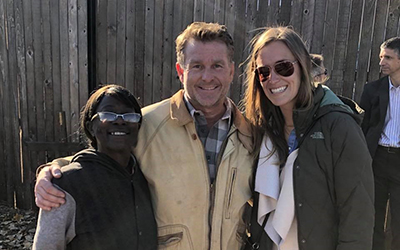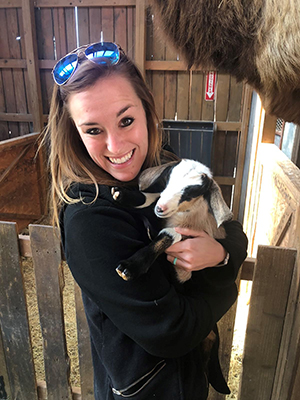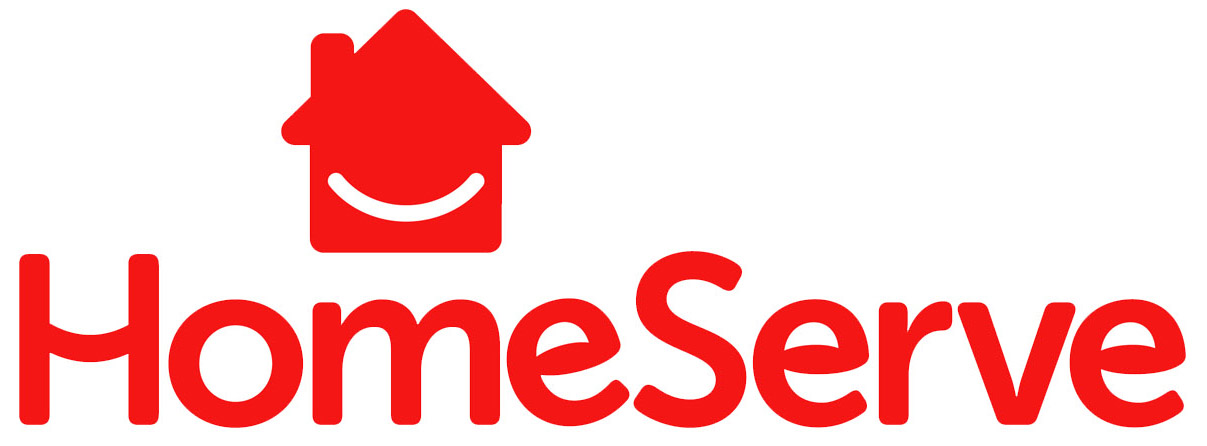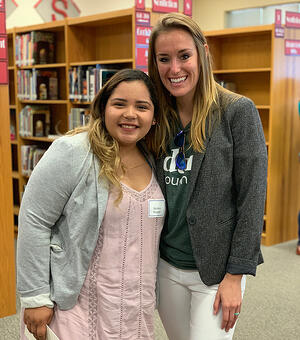 Christie Myers, Managing Director of Opportunity Dallas, shares the story of a public-private partnership to help address homelessness, including a community garden.
Christie Myers, Managing Director of Opportunity Dallas, shares the story of a public-private partnership to help address homelessness, including a community garden.
Segregated since the Jim Crow era, Dallas’ Bonton neighborhood, consisting of almost solely African-American residents, was designed to be isolated from the rest of the city and its development.
Families and neighbors were the string holding the community together, but, as Dallas blossomed, Bonton decayed. Homes were bombed or left vacant. Many had no electricity or running water. Residents struggled with finding transportation and jobs. Hopes and dreams dissolved and decades of hardship began.
“Growing up in Bonton was like growing up in Afghanistan or Pakistan,” Danny George said. “People were shot and killed daily. My mother would cover me with her body when the shooting would start.”
In Bonton, it seemed, nothing could flourish.
A Broken Heart Finds Healing
Meanwhile, just north, in Frisco, Daron Babcock had received devastating news: His wife Marcy had cancer.
It was something, he believed, that happened to other people. He never imagined it would impact him but, two years after diagnosis, his wife was gone. Lost in his grief, he stumbled. He ran with the Mexican mafia in a whirlwind lifestyle.
Months passed and he found himself on his knees in a drug and rehab facility pleading for help and hoping God might be real. He had finally hit rock bottom.
Daron moved what was left of his family, his two boys, to Dallas to start anew. He found work and began rebuilding his life, but there was something hollow, something missing.
“I made a lot of money, we were really comfortable, and then someone asked me to visit this place called Bonton,” Daron said. “I will never forget that humbling moment. These men and women seemingly have nothing, yet they gather every week to share their stories of survivorship and grit.”
He realized the community was his missing piece. Daron moved into an old and abandoned home in Bonton, a neighborhood where no one wanted to visit, let alone live. He had a mission: to help his new neighbors.
“I was being called from deep within, this was destiny for me,” he said.
His new neighbors visited regularly and he wondered how this community learned the art of neighboring better than those he left behind.
A Sick Neighborhood Finds Hope
A common theme emerged as Daron was told, “We need jobs, jobs and more jobs.” In the same breath, no one could describe why they were a good candidate. He helped neighbors with the application process and they found a new hope and excitement in the belief they were qualified to work.
However, neighbors obtained jobs but couldn’t keep them because they took too many sick days. Why were Bonton neighbors plagued by sick days? They had two options for grocery shopping: a liquor store or a convenience store. There was no access to fresh food and it literally was killing the neighborhood.
Daron recognized the community’s largest limitation was a lack of affordable, healthy food, partnered with a lack of hope. He began a community garden to provide basic job training and fresh produce for less than half a dozen neighbors. Then, an apiary donated two beehives.
A seed had been planted.
A Community Finds Its Way
Today, Bonton Farms is a place and model for healing. Physically, it’s a café, a market, a coffee shop, a housing development and a farm that provides food to neighbors and restaurants throughout the city.
 It has grown serendipitously through the support of the community and volunteers and donations of empty lots from nonprofits, the city and local businesses that saw what Bonton can do with two beehives and a vegetable plot. As it grew from a backyard garden to an organic urban farm, it added services and amenities for the community – and that meant jobs for its residents.
It has grown serendipitously through the support of the community and volunteers and donations of empty lots from nonprofits, the city and local businesses that saw what Bonton can do with two beehives and a vegetable plot. As it grew from a backyard garden to an organic urban farm, it added services and amenities for the community – and that meant jobs for its residents.
Through the art of neighboring, the healing nature of a farm and job training, it has served more than 400 individuals, many of whom recently returned from prison. None of Bonton Farms’ graduates has recidivated and more than 50 percent have obtained self-sufficiency.
The former community garden now is a destination for people from every corner of the city and is educating an entire city how to take a flood plain and transform it into a beacon of hope. The lots were abandoned and considered without value and have been resurrected, producing food and jobs, a metaphor for the community. The farm is a vehicle for the hard work that restores lives.
Another Neighborhood Falters …
In another struggling neighborhood, a Northeast Dallas library was at capacity with more than 300 people, there to discuss the placement of a 100 percent supportive housing development in their community. The neighborhood dealt with issues similar to those in Bonton. The development would provide housing and support services to the homeless.
While some were opposed, most gathered were willing to find a workable solution, but wanted to be a part of the process. They understood the desperate need of homeless and nearly homeless people, but wanted their development to be different and more successful than prior developments.
The community asked for a thoughtful process and implementation of a Public-Private Partnership (P3) that included the city, a proven model and a philanthropic community ready and willing to help solve the city’s homeless and housing problems.
But Bonton Offers Inspiration
There is a specific strategy and ecosystem of support necessary to help people re-build lives. The pieces are symbiotic and lean on one another. If a piece is missing, it can render the other pieces ineffective. A key to this strategy is a clear step-by-step approach that assists people in moving from one step to the next.
Bonton has demonstrated a program through the community garden that rebuilds people through the power of enabling hope, and Dallas has access to parcels of land across the city and funding. Together, they may build a truly effective public-private partnership, replicating Bonton’s success on other city-owned lots to address the city’s homeless crisis.
Over the next several months, we will watch and learn as this Public-Private Partnership formalizes. We will watch city leaders band together to advocate for real system change. And for the first time, we will approach solving homelessness through a humanizing process, rather than one that dehumanizes.
Bonton started as a farm, but it kept growing and helping the community by creating jobs, so residents could take care of their families. But Bonton goes far beyond that – it proves change is possible and everyone can flourish.

